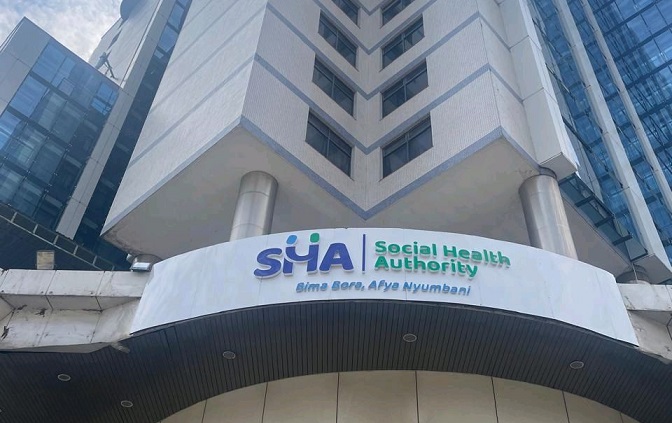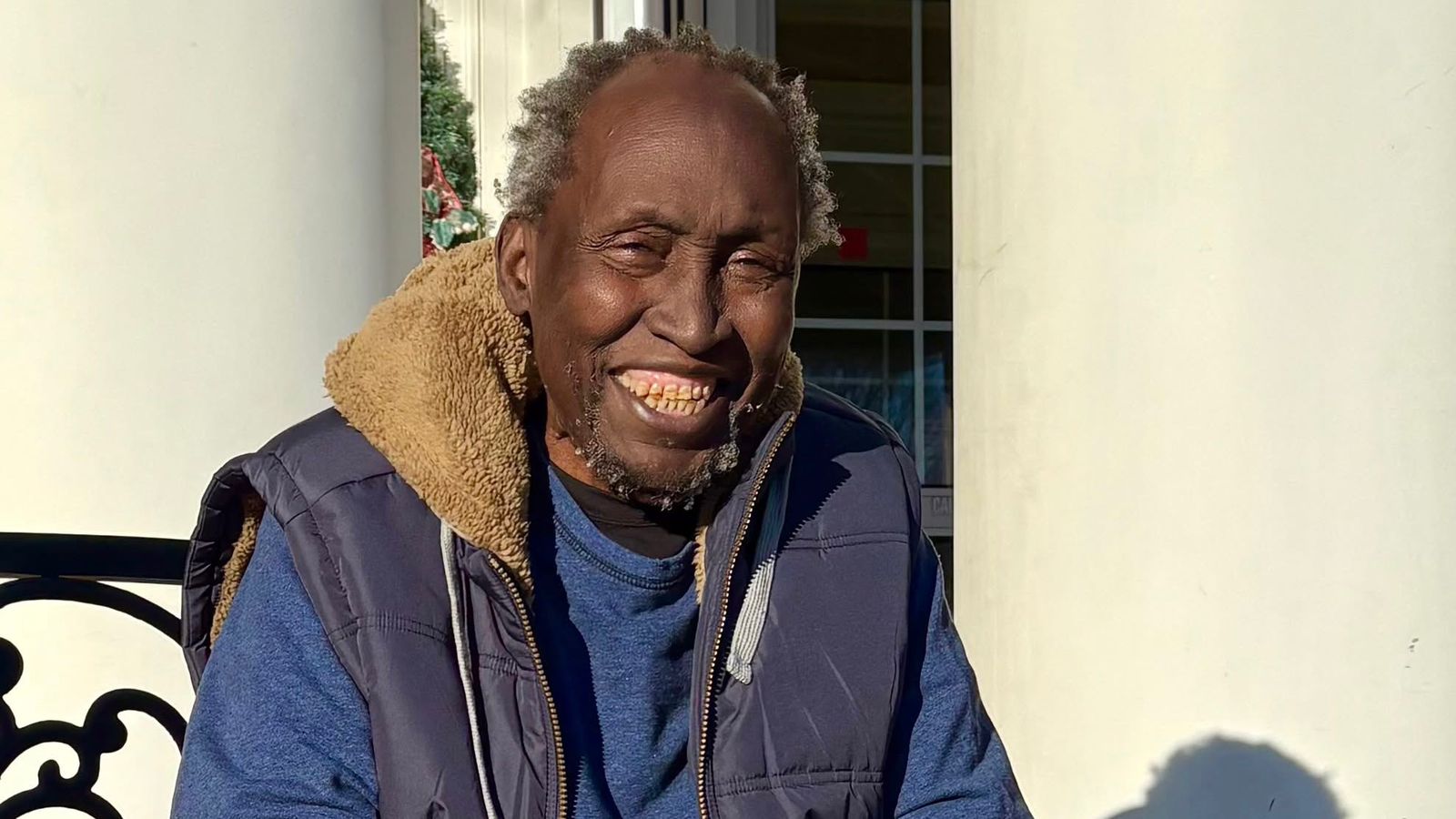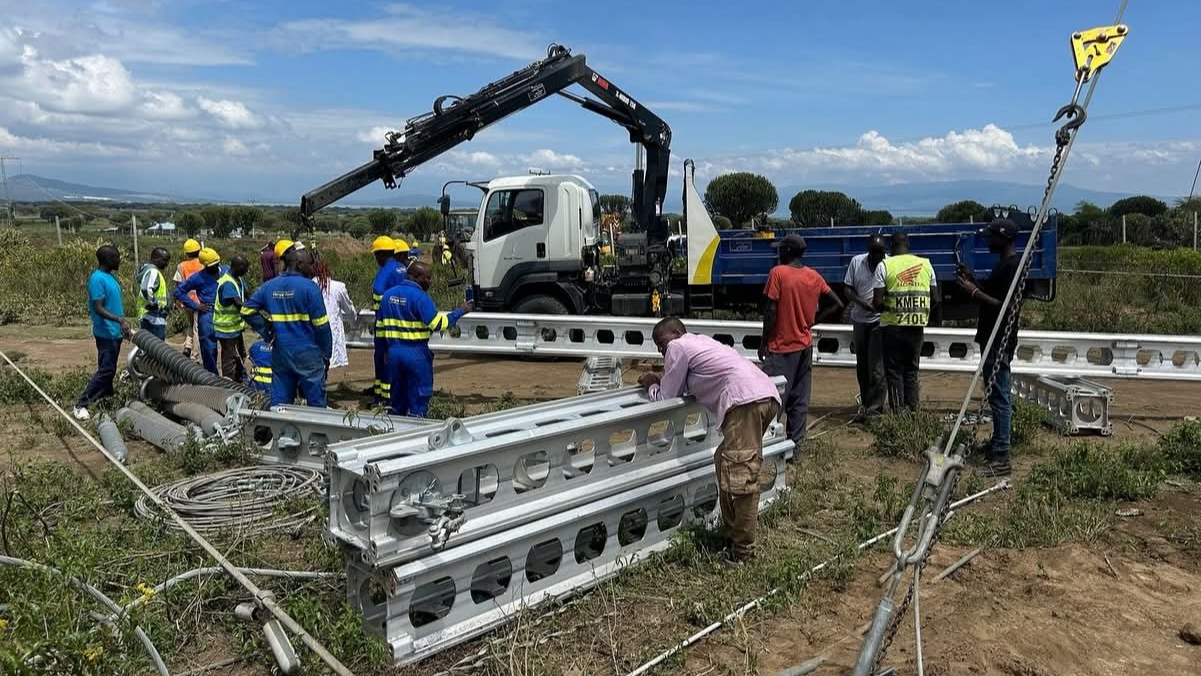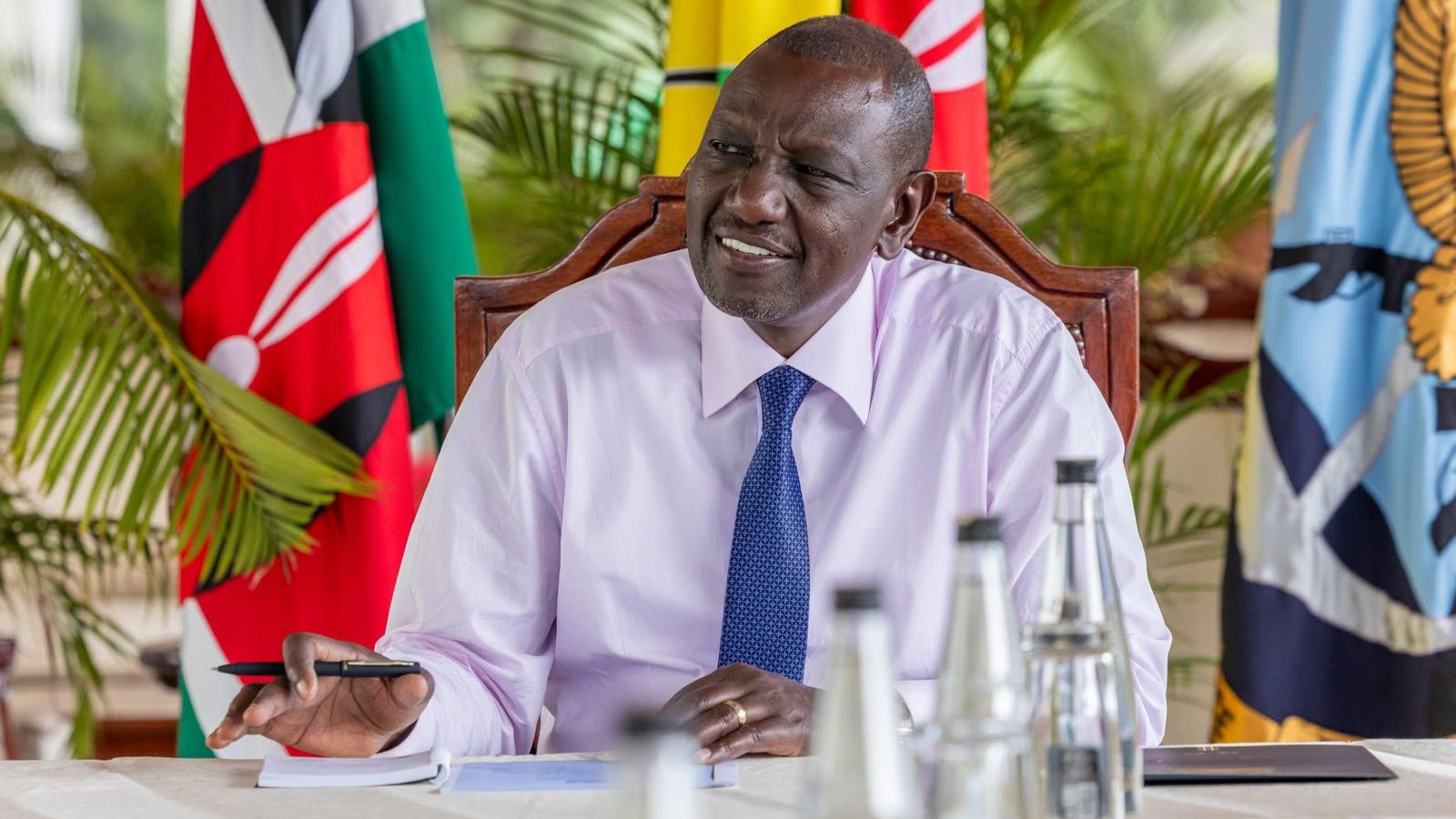World Bank has expressed concern over the current Social Health Authority (SHA) model, which sees Kenyans contribute 2.75 per cent of their salaries and income.
In its Public Finance Review report released on Tuesday, May 27, the financial organisation opined that the health insurance was relying on contributions from employed Kenyans, making it unsustainable.
World Bank noted that most Kenyans were in the informal sector, therefore, it was difficult for the government to rely on their contributions in implementing the national health care plan.
In explaining the concern, the institution detailed that the government was collecting approximately Ksh67 billion against a target of Ksh157 billion.
"SHIF’s sustainability is undermined by Kenya’s largely informal labour market. SHIF is a contributory scheme financed through mandatory payroll deductions (2.75 per cent) from employees in the formal sector. Workers in the informal sector, who account for up to 80 per cent of the national workforce, are mandated to contribute 2.75 per cent of their household income, but the majority do not contribute," read the statement in part.
Read More
"The government plans to subsidise contributions only for indigent households, leaving a large unfunded population. Moreover, the payroll tax design discourages formalisation, particularly for low-wage workers and small employers who face higher costs when joining the formal sector. This creates a structural contradiction: SHIF depends on formalisation to succeed, yet actively undermines it."
As a remedy, the Bretton Woods Institutions called on the government to focus on financing the authority for Kenyans in the informal sector.
"Key recommendations include focusing SHIF collections on formal sector workers; the government should finance contributions for informal workers and poor populations," he added.
"The government should consider removing SHIF contributions for low-wage formal workers. This potential reform could encourage formalisation and reduce labour market distortions, as well as cover SHIF services for poor and informal workers and low-wage formal workers, funding the gap through the budget."
SHA was introduced by President William Ruto's administration after the scrapping of the National Health Insurance Fund (NHIF).
Under the new healthcare system, employed Kenyans contribute 2.27 per cent of their salaries.
Those in the informal settlement make a similar contribution based on their earnings.
However, poor and vulnerable households have their contributions catered for by the government.







